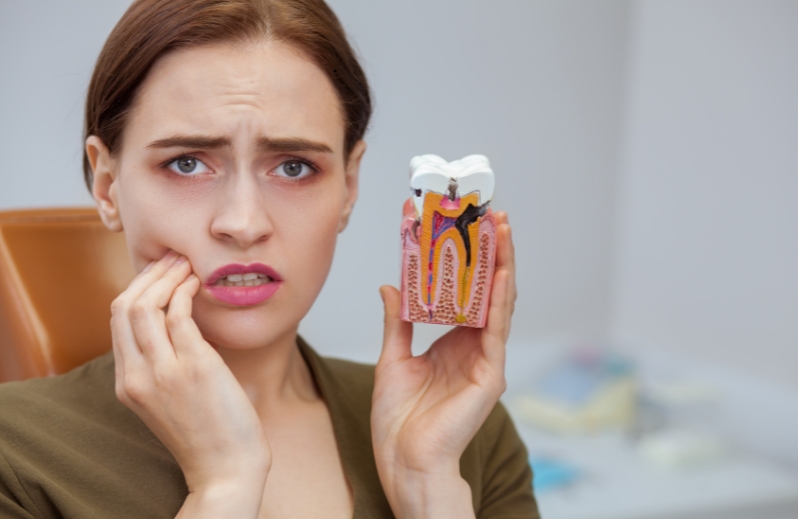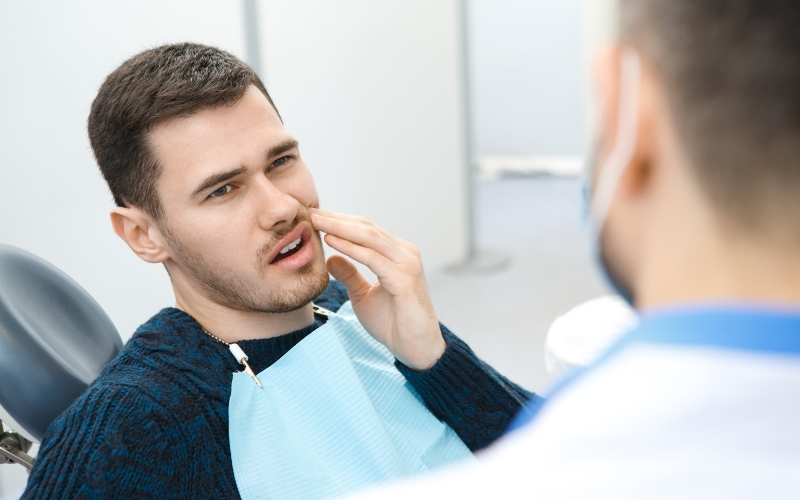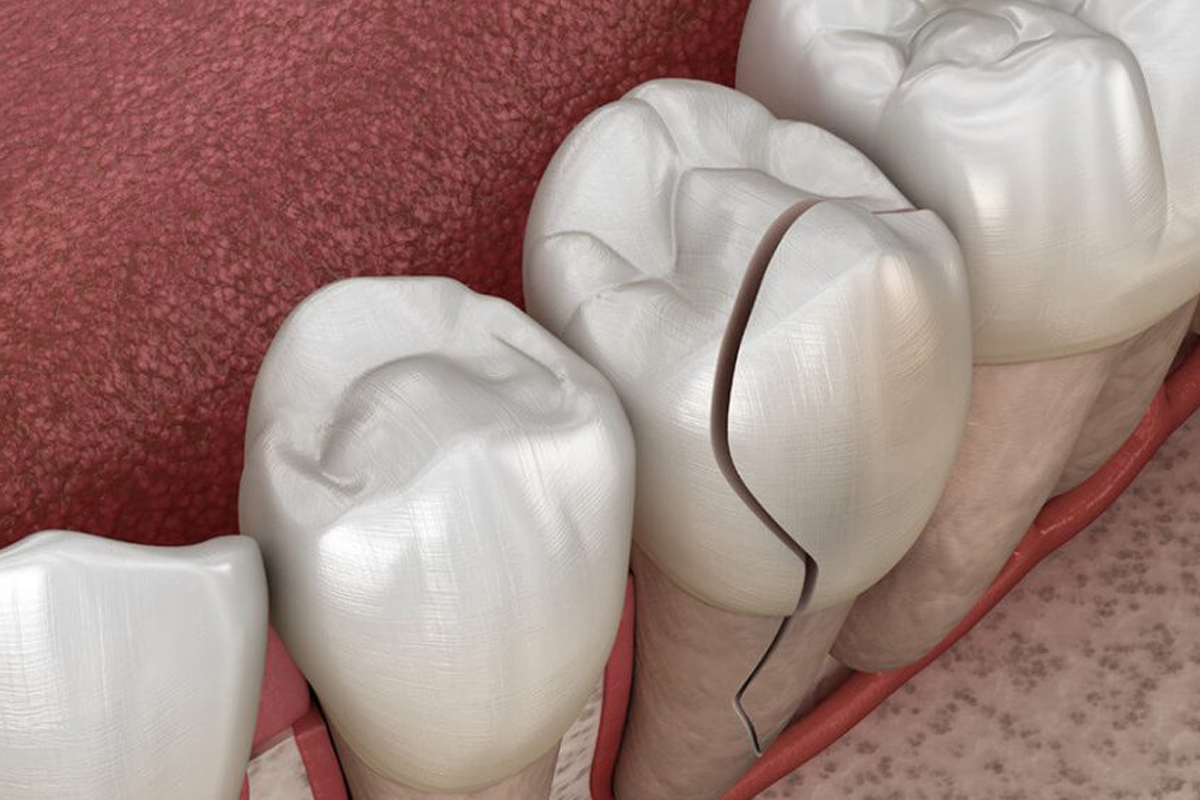Fast Pain Relief: Tips for Dental Emergencies

Dental emergencies can hit like a freight train. One minute you’re fine, and the next, sharp, relentless pain takes over. The stress of not knowing what to do has the ability to add fuel to the fire.
Quick action is crucial. Without it, a minor issue could escalate into something more severe. In these moments, you must know how to handle the pain, which can make all the difference.
Common Dental Emergencies
Dental emergencies can take many shapes. A toothache can appear suddenly and be excruciating. Simultaneously, a broken or chipped tooth may occur from a blow or biting something hard.
If you have a knocked-out tooth, you know timing is everything for reattaching it. A missing filling or crown usually causes a constant, dull ache that interferes with eating. Sharp pain, fever, and tenderness typically indicate an abscess or swelling caused by an infection.
Having an idea about how to handle these emergencies as soon as they occur can prevent damage and minimize pain.
Immediate Pain Relief Tips (At-Home Remedies)
When a dental emergency arises, it is essential to address it promptly before you visit an emergency dentist in Airway Heights. You must rinse with warm salt water. It is perhaps the easiest and most effective method when it comes to decreasing pain and swelling. It will clean the infected area and help ease sore gums.
If swelling occurs, you can use a cold compress on the outside of your mouth or cheek. It will decrease it and numb the pain. Over-the-counter pain medication, such as ibuprofen or acetaminophen, will bring much-needed relief and decrease swelling.
For numbing pain further, clove oil is a highly effective natural remedy. Its strong numbing capability can temporarily soothe the pain. Finally, you must avoid triggers such as hot, cold, or sweet foods and beverages. This is because they can amplify pain during a dental emergency.
What Not to Do
Although it is tempting to attempt to fix the situation on your own, there are several things not to do during a dental emergency. You should never put aspirin on your gums. This can cause burns and tissue damage and exacerbate the situation.
In addition, do not ignore symptoms of infection, including fever or swelling. These may be indicators of a worse problem that should be treated urgently.
Lastly, do not try to do any DIY fixes for your teeth, like gluing a broken crown or tooth. These can cause more harm than good and may delay proper treatment.
Quick response to a dental emergency can salvage your tooth and your sanity. From rinsing with salt water to a cold compress, seconds matter. Please note that these remedies are temporary measures only. You must always visit an emergency dentist as soon as possible. Putting off treatment may result in long-term complications. Don’t wait. Act now, and preserve your smile!




